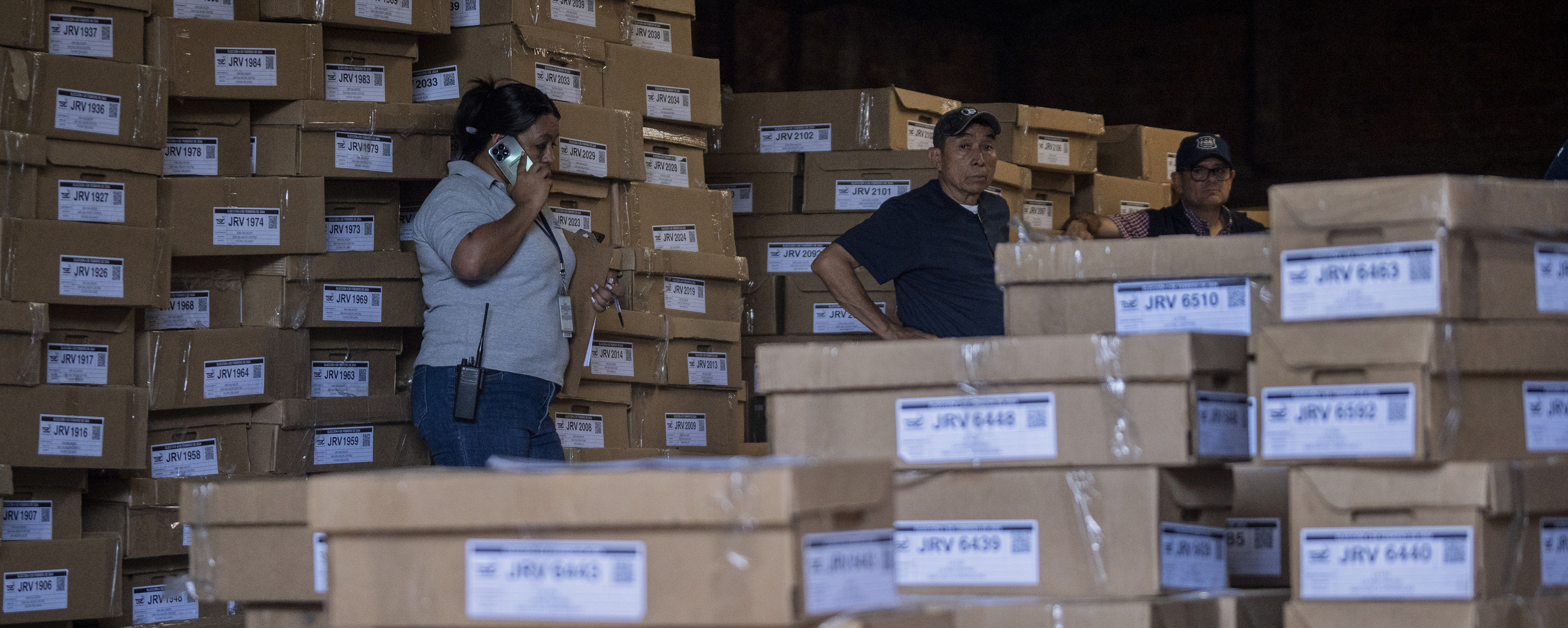Carlos Sánchez, arrested during the state of exception and profiled by the police as a collaborator of the 18th Street gang, is the new mayor of Cuscatlán Norte.
According to preliminary results, Sánchez lost in Suchitoto and Oratorio de Concepción, two of the five districts of the new municipality, but he will be mayor of those districts, too, thanks to the territorial reorganization that his party —that of President Nayib Bukele— approved just nine months before the election.
We published stories on Sánchez’s police record and those in the party who support him in mid-February, a few weeks before the municipal elections. I never thought those articles would have an effect on the result. I just wanted the people of Cuscatlán to know who they were voting for.
In the last week of February, lawyer Thanya Pastor said on television that “investigative journalism sought to influence voter intentions two days before the election.” She was referring to publications prior to the February 4 presidential contest, in which three media outlets revealed how deputies obtained millions of dollars in loans from a state bank in order to buy houses, how the government made a deal with criminals to recapture a criminal that it had freed, and how a government institution buried investigations of corruption.
The lawyer also said that the opposition parties' request to repeat the elections was made in order to allow more time for voters to absorb these articles and be outraged by them.
But Pastor is wrong, not only because she misreads our intentions, nor because journalists are not the opposition. We journalists —those of El Faro, at least— are not aiming to take power or help someone else to occupy the presidential chair. She is also wrong in that we’re actually not deluded enough to think that our work can compete with the official narrative.
We work “without the hope of being heard, and with the certainty of being persecuted, but faithful to the commitment we made long ago to bear witness in difficult times.”
Those words were written by Rodolfo Walsh during the Argentinian dictatorship. That’s how it is for us here in El Salvador, as we try to draw inspiration from how others have faced dictatorships.
We have to do it, if only to leave a record of the fact that when this country decided to plunge headlong into a dictatorship, there were those of us who said that it wasn’t such a good idea.
Salvadoran society’s fascination with Bukele is directly related to its gratitude for no longer living under the iron hand of the gangs in the communities. Bukele’s political immunity resembles that of Donald Trump, who said he could stand in the middle of Fifth Avenue in New York, shoot someone, and not lose a single vote.
Bukele's gravitational pull has been strong enough for people to vote for someone like Carlos Sánchez —a man identified and arrested as a gang member, whose name surfaced in a homicide investigation in 2016— simply because he is cloaked in the N of the president’s political party.
We are aware of the current political reality. We know that many people dislike what we say and, by extension, dislike us. We don’t care. We say what we say during the campaign because there is no better time to profile those seeking public office. We’ve decided to be an obstacle to the monologue of the powerful.
We are like those annoying preachers in the public squares, shouting verses from the Book of Apocalypse and claiming that people are leading themselves to damnation, when people simply want to rest in the plaza, let the children play in the fountain, and snap selfies in front of the modern Chinese library. In the midst of it all, someone is shouting: The end is coming. The dictatorship won’t be kind.
So, forgive us. If we don't do it, our conscience won’t let us sleep.

